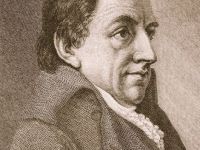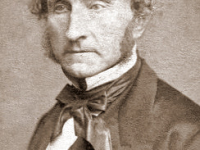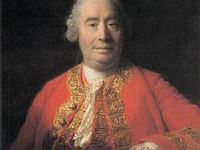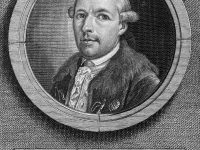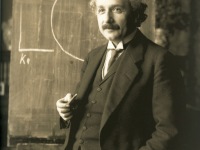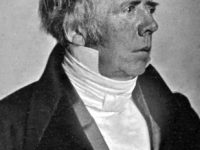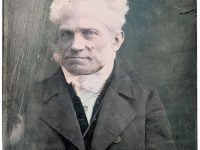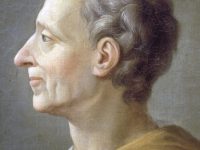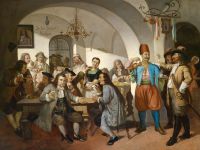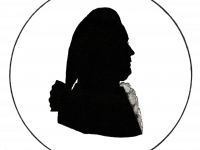Johann Gottlieb Fichte and the German Idealism
On May 19, 1762, German philosopher Johann Gottlieb Fichte was born. Fichte was one of the founding figures of the philosophical movement known as German idealism, which developed from the theoretical and ethical writings of Immanuel Kant. Thus, Fichte often is regarded as a bridging figure between Immanuel Kant and Georg Wilhelm Friedrich Hegel. Like Descartes and Kant before him, he was motivated by the problem of subjectivity and consciousness. Maybe you have never…
Read more

